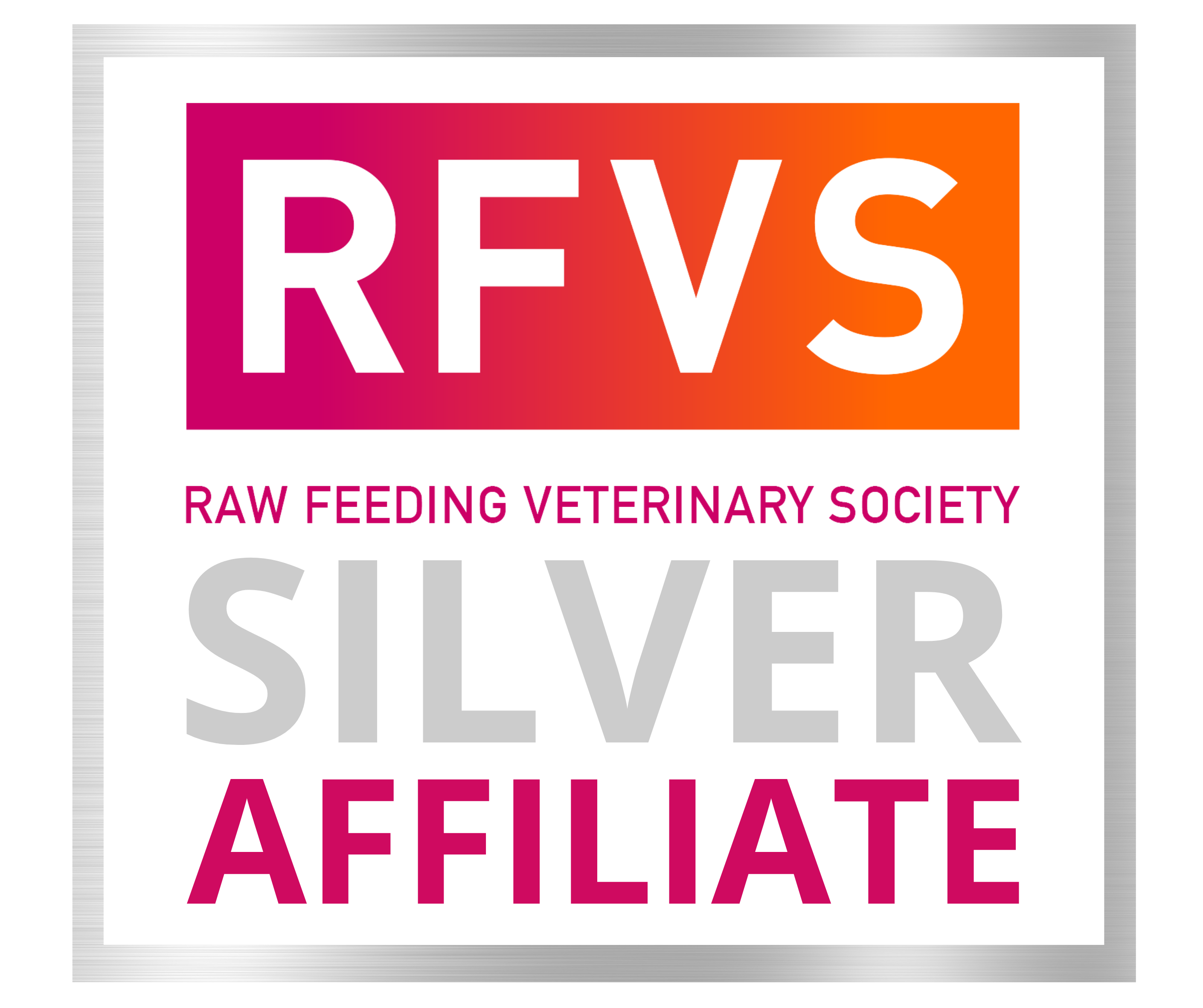Organ Meats & Heavy Metal Contamination
WHY IS ORGAN MEAT IMPORTANT?
Meat and bone on their own do not provide all the nutrients that a carnivore needs. In the wild, some organ and stomach content is consumed as well. Feed some liver, heart and tripe to provide a concentrated source of:
- B vitamins
- fat soluble vitamins (D, E, K, A)
- minerals (phosporus, iron, copper, magnesium, iodine, selenium, zinc)
- essentials fatty acids (arachidonic acid, omega-3 fatty acids (EPA, DHA))
- digestive enzymes
- coenzyme Q10
- collagen and elastin
THE SOURCE IS IMPORTANT TOO
Commonsense tells us that free-range, organic, pasture-fed sources will be best for our pets; but even this criteria may not be enough to guarantee a safe and nutritious food source.
There has been some recent media attention on the issue of cadmium in New Zealand food chains. For the last 60 years, we have been applying superphosphate fertiliser to our soils to increase land productivity. Most of the superphosphate has come from the island of Nauru, and brought with it an excess of cadmium.
Cadmium is a heavy metal. It cannot be created or destroyed, so once it enters a food chain it is hard to remove. Cadmium has built up to worrying levels in New Zealand soil. It is now present in our crops, and it accumulates in the organs of our livestock.
When export markets began to reject New Zealand organ meat because it exceeded acceptable cadmium levels, the government (via the Ministry for Primary Industry, or MPI) introduced a regulation to prohibit human consumption of kidneys from livestock older than 30 months. This is because cadmium builds up in organs over time – the levels present in younger animals are relatively low. The kidneys from older livestock are used for 'blood and bone' fertiliser, and pet-food. Many products in New Zealand intended for cat or dog consumption will contain higher levels of cadmium. The MPI states on their website that this is a "very conservative risk management system" with a "high degree of compliance."
A recent paper on the effects of cadmium on humans stated that "Environmental exposure to [cadmium] increases total mortality in a continuous fashion without evidence of a threshold." This suggests that our knowledge is not yet sufficient to accurately judge the adequacy of a risk management system.
The negative health outcomes associated with cadmium intake include: kidney damage, osteopororsis, cardiovascular disease, infertility, cancer (lung, breast, prostate, endometrial and bladder) and increased overall mortality. Certain groups (including children, pregnant women, and diabetics) are at higher risk of harm.
So despite reassurances on the MPI website, cadmium is still a very real issue for New Zealanders, and their pets. Some effort (the efficacy and appropriateness of which is subject to debate) is being made to monitor and control contamination of livestock for human consumption. Fruit and vegetables (particularly leafy greens, root vegetables and wheat) grown on contaminated soil are not monitored.
In his lecture 'New Zealand's 100% Pure Dellusion', environmental scientist Dr Mike Joy points out that our children are growing up consuming at, or near, the European standard limit for human intake.
Given that no regulation exists to control levels of cadmium in pet-food, it is probable that our cats and dogs are ingesting concerning levels of this heavy metal.
IN A NUTSHELL
Cadmium (a heavy metal) is present at high levels in New Zealand soils. It enters the food chain via fruit and vegetables, and the organs of livestock.
Cadmium has a range of potentially serious detrimental health effects; children and pregnant women are particularly vulnerable. Pets consuming organ meats, fruits and vegetables are affected too. Environmentalists say that the Government is failing woefully to address the issue.
HOW IS THIS RELEVANT TO PET OWNERS?
Raw Essentials uses only organ meat that is considered fit for human consumption (from livestock under 30 months old). Our products contain no fruit or vegetables.
Pet owners can spread awareness of this issue by questioning their pet-food providers to find out whether or not their organs are sourced from livestock under 30 months old.

